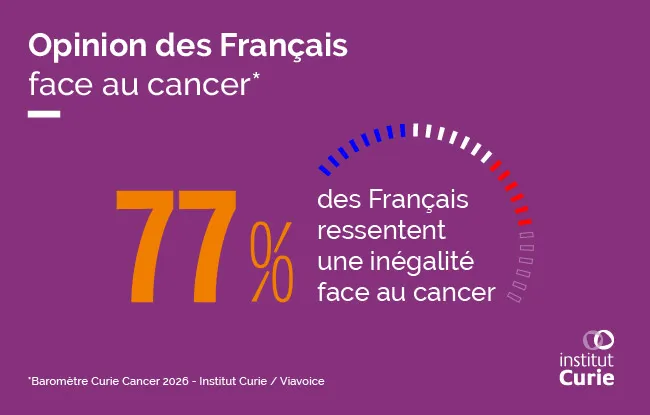- Home >
- Institut Curie News >
- MnM: a new AI-based tool to better study cellular heterogeneity
A new tool developed in the laboratory of Dr Chunlong Chen, CNRS Research Director and head of the Replication program and genome instability team (CNRS UMR3244 / Sorbonne Université) at Institut Curie, was published in Nature Communications on February 8th, 2025. It automates the analysis of the temporal parameter of genome replication, opening the way to a better characterization of cellular heterogeneity in tumor tissue.
Abnormalities in DNA replication can give rise to mutations, such as errors in gene copy number, potentially implicated in the development of pathologies such as cancer. In order to study DNA replication, much of the data published in the literature today has been generated on cell ensembles, smoothing out the heterogeneity that exists between different cell populations.
“To overcome this problem, single-cell techniques have enabled us, by analyzing each cell individually, to better understand the existence and functions of different cell types. We know, for example, that an important parameter in DNA replication is the temporal aspect, i.e. at precisely what point in the cycle stages are genes duplicated? But tools are still lacking to automate these analyses, which can be very time-consuming. This is where our new MnM tool comes in,” explains Dr. Chunlong Chen.
Using machine learning* algorithms, MnM automates the analysis of this temporal parameter of DNA replication. Based on data generated on over 119,000 human cells, the authors show that heterogeneous subpopulations of cells can be distinguished, opening the way to a better understanding of the mechanisms involved in the development of physiological and pathological tissues.
Watch the video to find out more about this new MnM tool and its applications in the analysis of DNA replication :
References: Joseph M. Josephides & Chun-Long Chen, Unravelling single-cell DNA replication timing dynamics using machine learning reveals heterogeneity in cancer progression. Nature Communications, 08 02 2025
*machine learning: algorithms for recognizing patterns in data.



